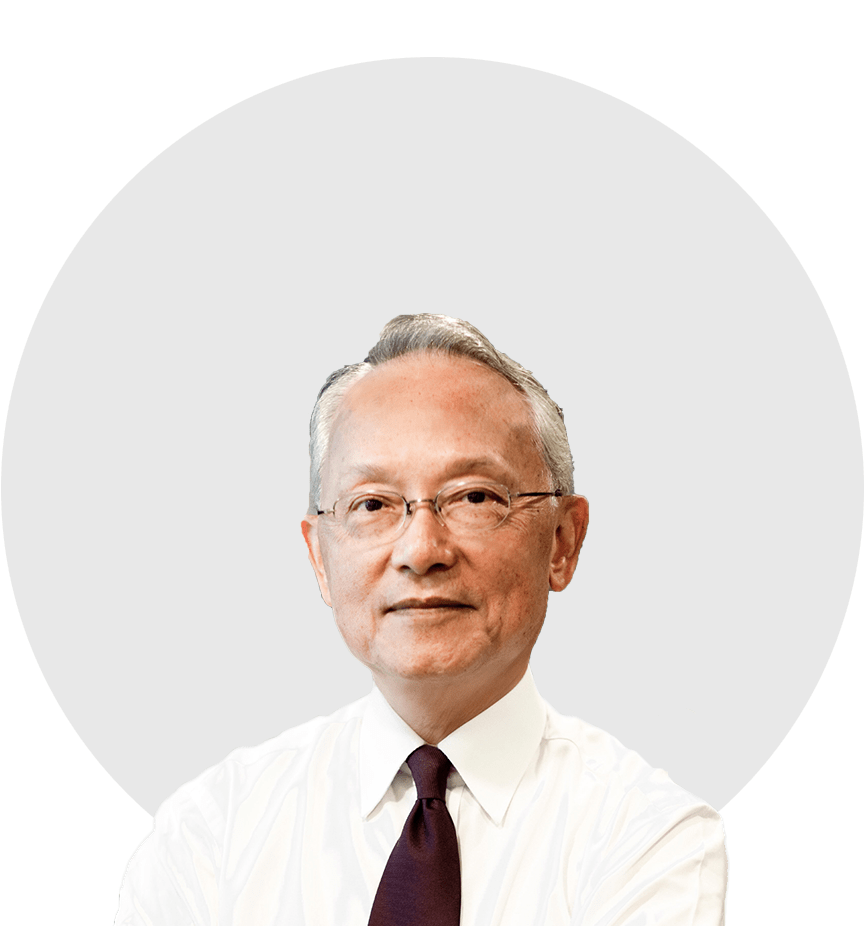
Learning: A Lifelong Journey
Huang Fellows Reflection - Orientation with Dr. HuangThis year’s cohort of Huang Fellows had the unique opportunity of being able to meet Dr. Huang in person at orientation and hear him speak. Being able to hear Dr.Huang share his life experiences, from the time that he was a student, to now, as he embarks on yet another project to explore the intersections of the practice of science and people, inspired me to think more deeply about the way we as a society approach issues and how we make policies to address those issues.
Dr. Huang encouraged us to think critically about the world around us and examine problems from multiple perspectives. The problems that we face today that are the most pressing are also the most complex and multi-faceted by nature. Take, for example, the lack of adequate healthcare coverage in America. This problem is not simply due to the economic or financial hardships faced by families who are under or un-insured. The healthcare problem in America has deep historical, social, and political roots that must be considered if we are to create policy to alleviate this issue.

One of the issues that we face today, he said, is selfishness. The world that we live in today is one that has arisen from selfishness. From business practices to the medical industry, selfishness is the cause of so many problems that we see today. However, selfishness is not usually the word that comes to mind when we consider why certain problems exist. We say that businesses are greedy, there isn’t enough funding for research, or governments need to allocate the money that could be used in one area for use in another area because that area has more pressing concerns. But the factor that ties all these explanations together is selfishness. Businesses are greedy because they put their own interests first, instead of the interests of the people they are serving. There isn’t enough funding for research because institutions are more focused on making money than making a difference.Governments are allocating money that should be used in one area for use in another because that other area better protects their interests, not necessarily the interests of their constituents. If we want to start addressing the issues that stem from selfishness, Dr. Huang advised us, we must see these complex issues as both domestic and global issues. As Americans, we tend to have a very Americentric point of view and we often forget that some of the problems present in the United States are also present in other countries, whether they are similar or different from us. But oftentimes, these problems are more universal than we would like to think.
After hearing about his experiences and philosophy regarding science and ethics, Dr. Huang surprised us by saying that while he was eighty years old, he was nowhere near retirement. Although he has accomplished what most of us would consider to be at least two lifetimes’ worth of work, Dr. Huang is not slowing down anytime soon.He is still actively pursuing the same passions that shaped his career, with his newest endeavor being the New School, a seminar and discussion-based school open to professionals involved in scientific issues that also concern the public.
It is more than safe to say that Dr. Huang truly embodies what it means to be a lifelong learner. From his love of books that started with his father’s extensive collection of European literature, to the founding of the Huang Fellows program, to his work now on the New School, Dr. Huang has worked to gain a better understanding of the interconnectedness of the scientific and social fields. It was an honor to be able to hear such an accomplished, yet humble and wise individual share some of his wisdom and insight to guide us as we proceed forward in our explorations of the intersections between science and society.
Elizabeth Gu, Huang Fellow ’22
 Elizabeth is from Buffalo, NY and is interested in studying Biology and Global Health. She is passionate about public health, particularly the oral healthcare crisis in America.
Elizabeth is from Buffalo, NY and is interested in studying Biology and Global Health. She is passionate about public health, particularly the oral healthcare crisis in America.

